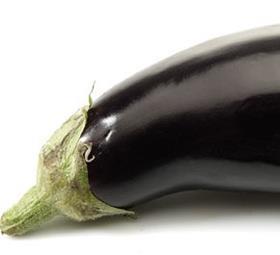
Frying Mediterranean vegetables in extra olive virgin oil improves their antioxidant capacity, a new study has found.
Researchers at the University of Granada said that potato, pumpkin, tomato and aubergines fried in oil also had increased cancer and diabetes-fighting phenolic compounds.
The study, published in Food Chemistry magazine, looked at the effect on raw vegetables of various cooking methods.
Cubes of potato, pumpkin, tomato and eggplant, without seeds or skin, were fried and sautéed in extra virgin olive oil, boiled in water, and boiled in a mix of water and oil.
Results showed that using oil for frying vegetables increases their fat content and reduces their moisture, while this was not observed in other cooking methods. All cooking methods increased antioxidant capacity to a certain extent, the study said, although extra virgin olive oil made the greatest difference.
'Oil as a mean of heat transfer increases the amount of phenolic compounds in vegetables, opposite to other cooking methods such as boiling, where heat transfer is done through the water,' said co-author Professor Cristina Samaniego Sánchez.
'Therefore, we can confirm that frying is the method that produces the greatest associated increases in the phenolic fraction, which means an improvement in the cooking process, although it increases the energy density by means of the absorbed oil.
'When the phenolic content of the raw vegetable is high, the total content of phenols is increased even more if extra virgin olive oil is used in the process, and boiling doesn't affect the final concentration. Therefore, we must stress that frying and sautéing conserve and enhance the phenolic composition.'



